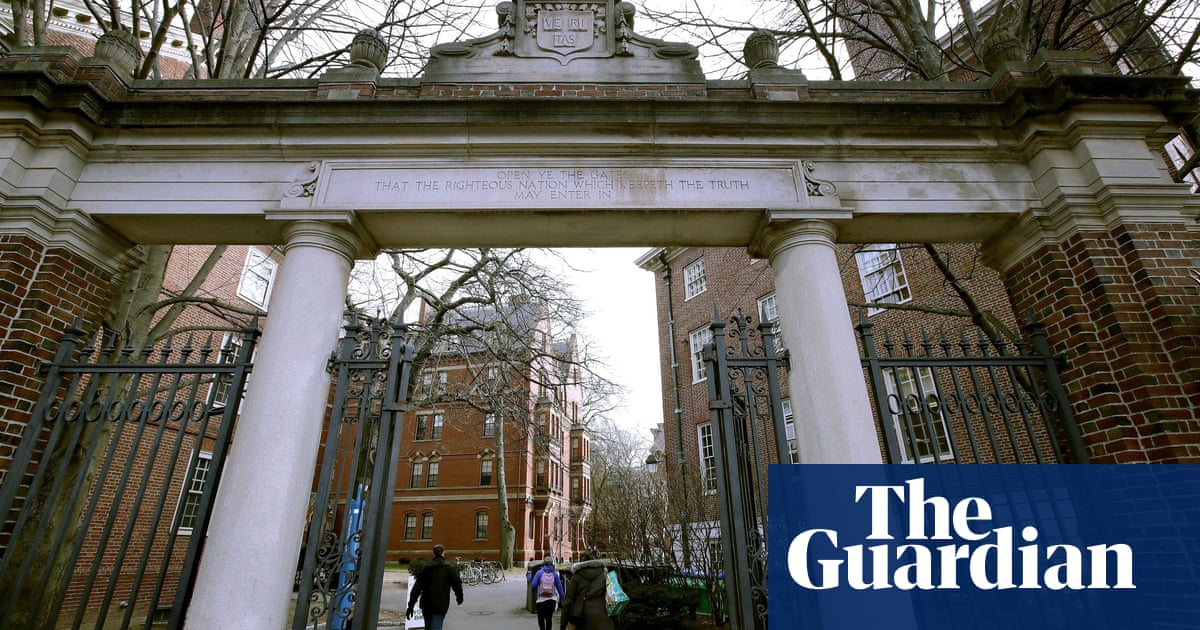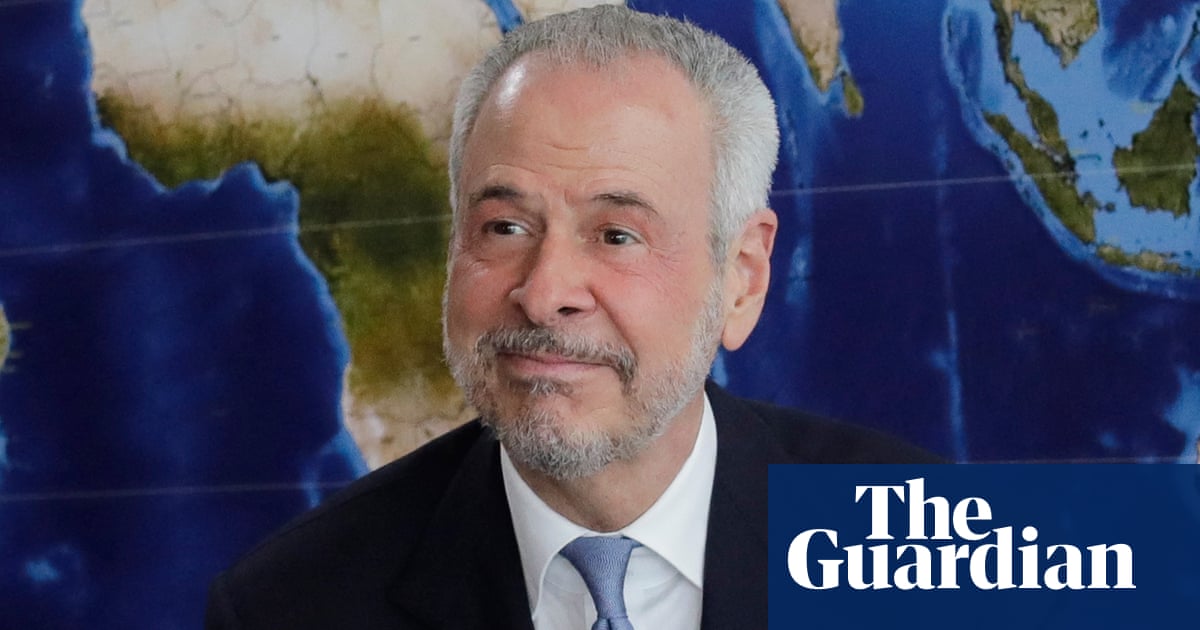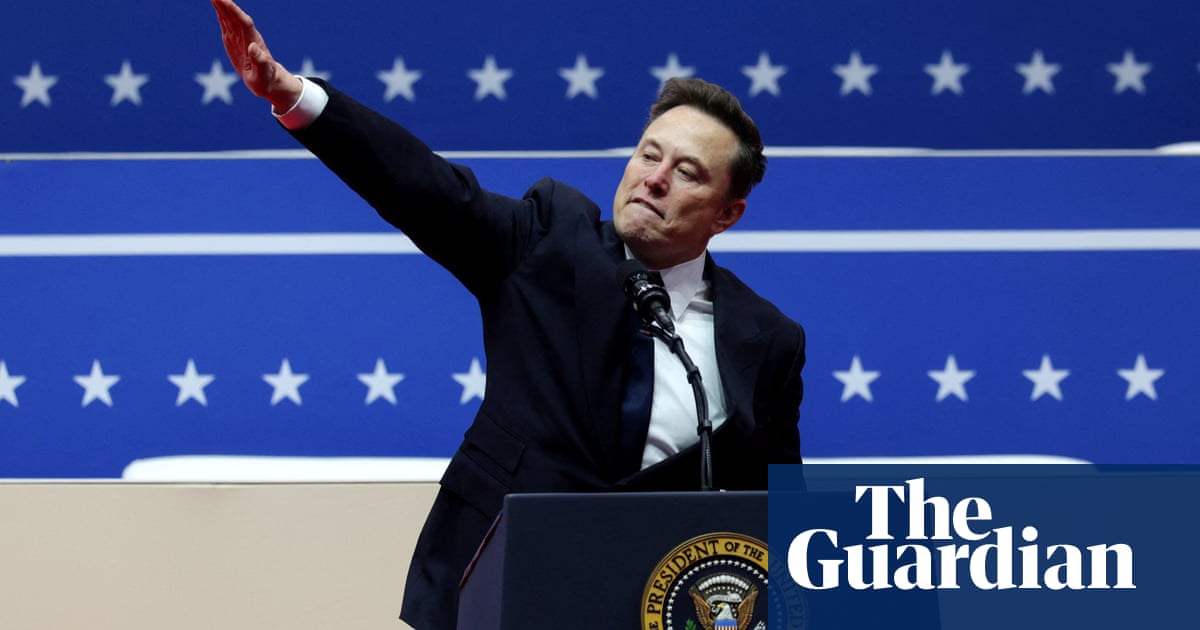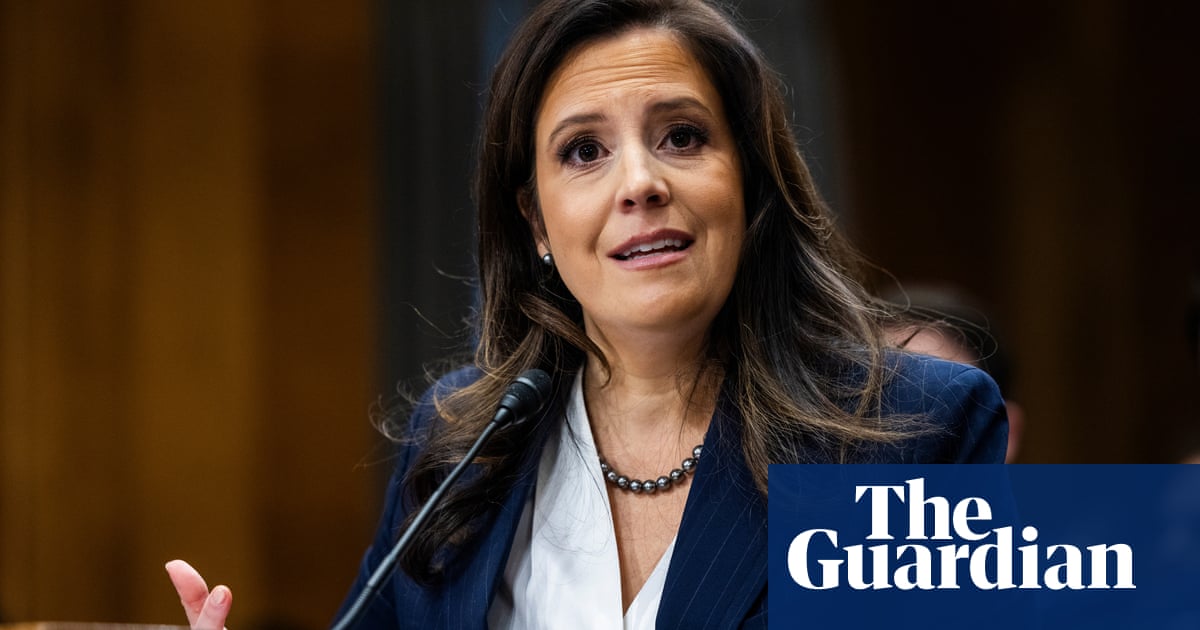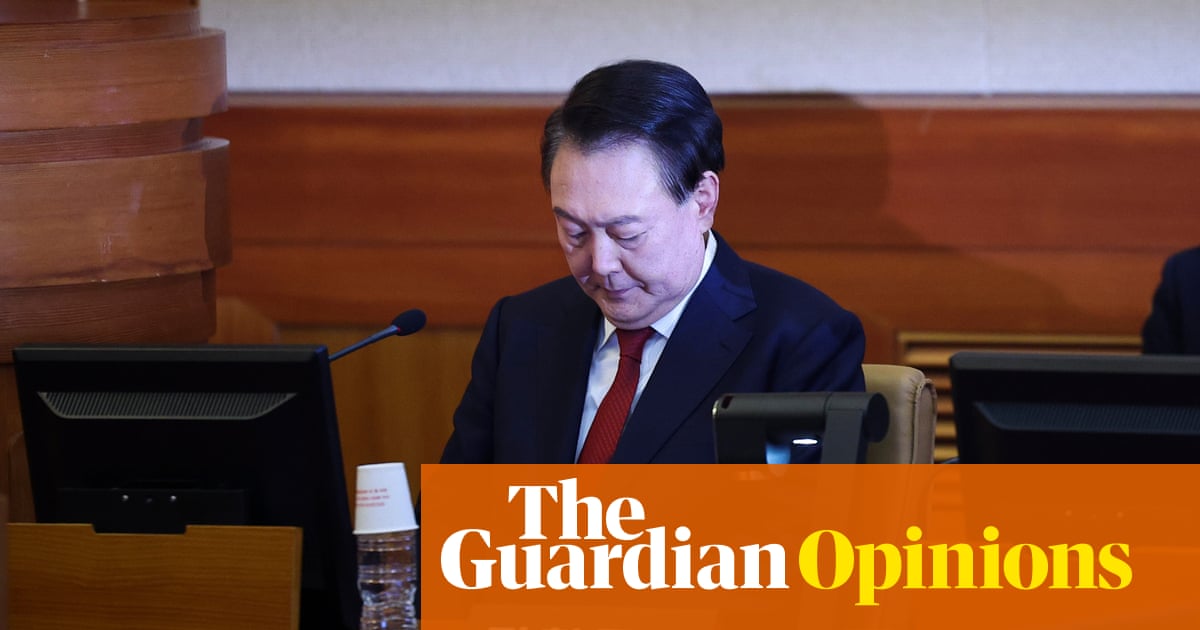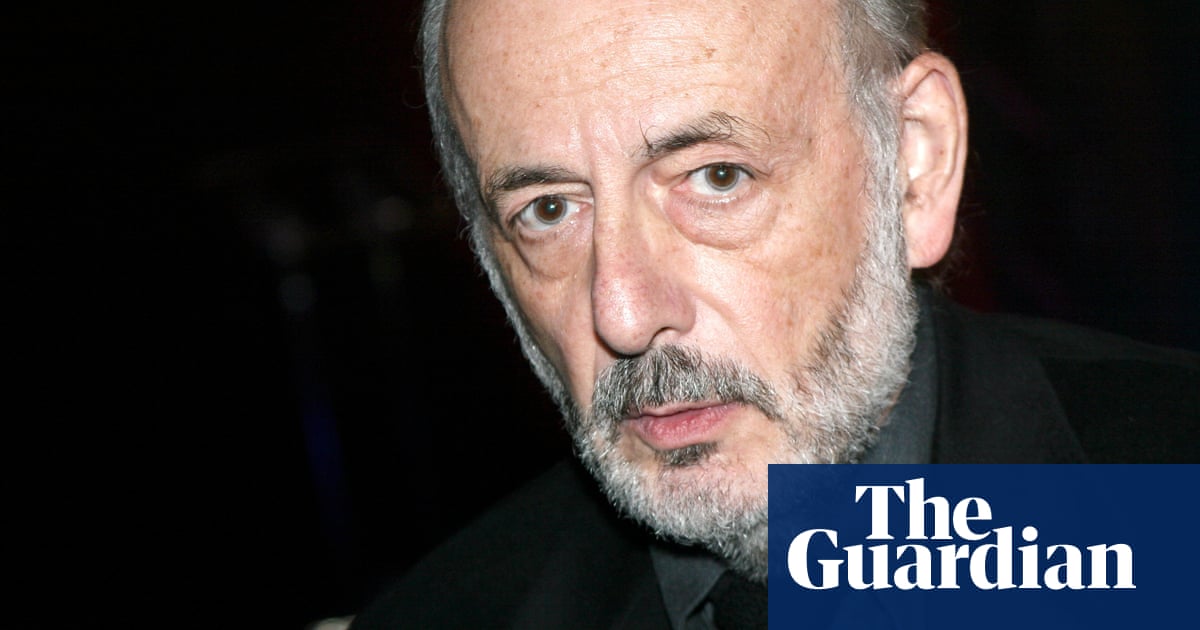Tanzanian rapper Nay wa Mitego loathes the thought of the number of times he’s had run-ins with Tanzanian authorities over his music.
It started in 2016, during President John Magufuli’s administration. Since then, he has faced many arrests, charges, threats and song bans as a result of releasing music critical of the government. On one occasion, he spent two nights in jail.
Those actions have often seen him fail to get endorsements, besides being denied permits to hold shows.
As recently as September, the country’s national arts council, Basata, charged him with four offences after he released a song called Nitasema (I Shall Speak) about reported incidents of enforced disappearances of government critics.
“I believe and have learned that people in power know how powerful music can be,” Nay, whose real name is Emmanuel Munisi, said in his studio in the commercial capital, Dar es Salaam.
Nay’s career troubles embody the repressive trajectory that Tanzania has been on for nearly 10 years now. Magufuli was accused of overseeing repression targeting the opposition, civil society, the press and other critics throughout his six-year term.
Samia Suluhu Hassan, who succeeded Magufuli upon his death in 2021, initially took a reformist approach at the start of her administration. But recent incidents during her watch – including disappearances and arrests of government critics and bans on opposition rallies – signal a return to intolerance.
Creatives critical of the government, such as Nay, are among those who have faced retribution under both administrations.
In Nitasema, featuring fellow Tanzanian artist Raydiace, Nay relentlessly calls out abductions and killings and says President Hassan has failed to deliver on projects. He raps in Swahili: “Today, you’re guaranteed of safety when you leave home / But you’re not guaranteed of getting back home safely / People are being abducted, people are disappearing, people are getting shot but no one is charged / The one we expect to condemn this says it’s drama / But if your child were kidnapped, would you dare call it drama?”
The song accuses the police of being behind the actions.
After its release, Basata levelled four charges against Nay: incitement, misleading the public, releasing the song without the council’s approval, and insulting other countries – Nay compares Tanzania’s situation to those of Rwanda and the DRC.

The work of Nay and other protest artists stands out in a country where some of the biggest musicians openly support the establishment by performing at party campaigns and composing praise songs for presidents and the ruling party, Chama Cha Mapinduzi. In June, Bongo Flava star Harmonize released Muziki wa Samia (Samia’s Music), a 10-track album in praise of President Hassan and her leadership.
Growing up in the Manzese neighbourhood of Dar es Salaam, Nay started making music while in primary school. He made his first demo single, Dala Dala, aged 10 in 1996.
He was a good footballer too, and his interest in music created friction between him and mother, who was keen to support his education and his football ambition, but not that of rap music, which she felt was “thuggish”, Nay said.
Nay dropped out in his final year of high school to focus on music. To support himself, he worked as a barber while making music. In the early years of his career, he made Bongo Flava music, a popular Tanzanian genre influenced by hip-hop, R&B and the east African taarab genre.
In 2010, Nay released his breakthrough song Hello, about a breakup. As his popularity grew, he felt the responsibility to make music about societal issues. Inspired by his love for Bob Marley, Tupac and Lucky Dube, he ventured into music with social and political messages.
“What I used to sing during that period was good, but I read about the history of different countries and their relationships with music and realised I could change my community through music,” said Nay, 38.
Nay adds to a history of political and conscious hip-hop in Tanzania, which is tied to the inception Bongo Flava in the early 1990s when there was focus on messages of hope for better opportunities for young people after the country emerged from socialism..
Over the years, many rappers and other artists, such as Prof Jay (Joseph Haule), Roma Mkatoliki (Ibrahim Mussa) and Vitali Maembe, generally freely made music about social ills bedevilling Tanzania.

But the space has shrunk in recent years, with increasing cases of song bans, arrests of artists, and other acts that create fear and suppress the freedom of expression. In 2021, Roma Mkatoliki and three other artists said they were abducted by armed men at gunpoint from a studio and tortured.
Nash MC, who started rapping about political issues in 2000, said the political scene at the time wasn’t as vibrant as it is now, when strong opposition has made the people more politically conscious.
The rapper, whose real name is Mutalemwa Mushumbusi, says hip-hop has an equally important role to play.
“Hip-hop was started to represent peace, love, unity and happiness.” he said. “Those are the principles of life.”
Nay is popularly known as Rais wa Kitaa (President of the Streets), which is also the title of his last album, released in 2022, and a song he released in 2021.
His music often features themes of corruption, poor leadership, injustice, poverty and socioeconomic challenges. His most popular song online, Sauti ya Watu (Voice of the People), released in 2022, tackles unemployment, misappropriation of funds, and overtaxation, among other problems.
“I’m not afraid of making music about any topic. And I’ll continue criticising every ill that comes up,” he said.
Karen Chalamilla, a Dar es Salaam–based culture writer, said although Nay has been tackling political themes for many years, increasing repression has made people begin to see the government’s reaction to his music as part of a larger issue of censorship.
“To have someone who is pointing out the truth and to see the treatment that they’re getting because of pointing out the said truth is keeping a lot of people awake and just not complacent,” she said. “There’s a string of events that have made people increasingly fed up.”
Nay says making political music comes with risks – he hasn’t used a phone for two years now, partly for security reasons – and pushback, but that won’t stop him.
“We need to love our country. We need to fight for it, and we need to speak up for it,” said the father of three. “Every country has leaders. Since they’re human beings, they make mistakes. And when they do, you have to tell them.”

 4 weeks ago
18
4 weeks ago
18






